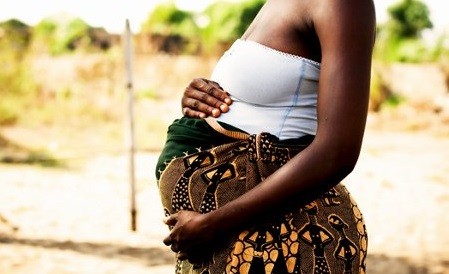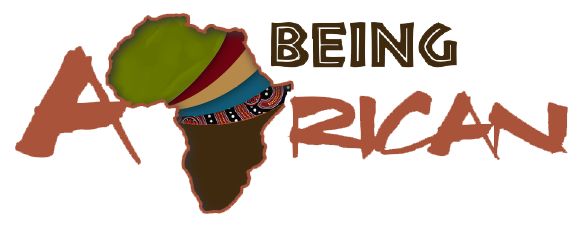
Pregnancy Traditions in Chewa Culture
Pregnancy among the Chewa
Once the woman is pregnant, the Chewa people immediately inform the village head. Informing the village head helps him to respond positively when the family faces challenges in the course of the pregnancy. However, it is optional whether she stays and takes care of her pregnancy at the husband’s home or goes back to her parents’ home until she gives birth.
If there are some issues in the community which the woman feels could compromise the pregnancy, she goes back to her original home so her mother can assist her until she gives birth. If there are no fears or issues, the pregnant woman is supported by her mother-in-law and other older women to take care of the pregnancy until she gives birth.
Delivery
During delivery, the pregnant woman is pressured to report if she had an extramarital affair. If the woman fails to tell the truth, it is believed that she faces challenges in delivering the baby. When she honestly says the truth, it is believed that she has opened up the path to give birth without challenges. When the pregnancy is 8 to 9 months old, ntchembere (more senior women in the community) act as guardians for the pregnant woman. They spend their time inside the pregnant woman’s house, especially in the last month of the pregnancy monitoring the pregnant woman. Together with the pregnant woman’s husband, older men usually do not enter the monitoring room or keep a reasonable distance from it.
In the past, since there were no hospitals, the woman gave birth in the house. The birth attendants would know the baby was alive when it cries. When the child cries ng’aaaa! (the sound which a baby produces soon after the mother gives birth), all the women in the house ululate, signaling their joy after successfully helping the woman give birth.
When there is a problem, say the mother or the child has died while giving birth, the village head would preside over such issues.
In the Chewa culture, pregnant women are referred to as wapakati (being in the middle) which refers to the pregnant woman as being between life and death, or they say ndioyembekezera, meaning she is expectant or ndiodwala, meaning she is sick. Addressing a pregnant woman using these tittles shows that people respect pregnancy.
A pregnant woman can eat all the foods she prefers, but she is mainly given vegetables and less meat in the Chewa culture. The vegetables are usually mixed with crushed groundnuts (nsinjiro). Furthermore, pregnant women are not supposed to meet gulewamkulu. It is believed that when a pregnant woman meets gulewamkulu dancers, they will give birth to a child with a face similar to the mask of the gulewamkulu dancer.
Pregnancy outside marriage
When a boy impregnates a girl before marriage, the involved parties are expected to pay the village head chindapusa (penalty fee). Then the two are asked if they intend to marry each other. If they agree, they will undergo all marriage processes according to the Chewa culture. But if the man refuses to marry the girl, then the issue is resolved by charging him more than the average fee he would have paid if the two had agreed to get married.
Suppose the impregnated girl is deemed “uncultured” (for example, she may talk back to her in-laws without observing any protocols, or in some instances, her parents are overly demanding), the uncles of the boy opt to only pay for the chigololo (sex outside marriage). However, if they opt to get married, the two undergo the whole marriage process.
